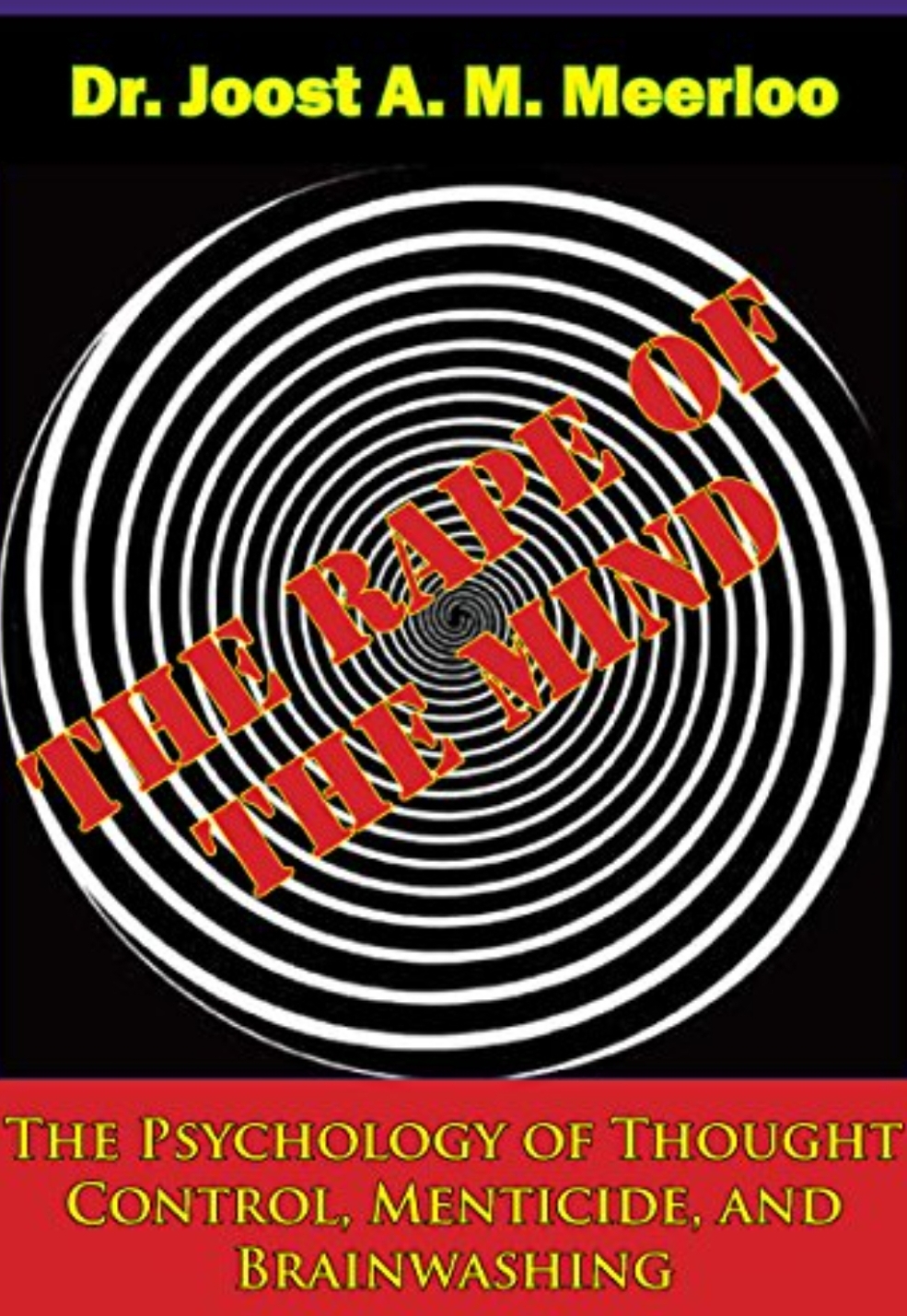“The Rape of the Mind: The Psychology of Thought Control, Menticide, and Brainwashing” by Joost Abraham Maurits Meerloo is a detailed examination of how totalitarian regimes and other authoritarian entities manipulate and control human thought.
Meerloo, a psychiatrist, explores the psychological techniques used for thought control, or “menticide”—a term he uses to describe the systematic breakdown of an individual’s mind. The book covers how propaganda, brainwashing, and other forms of psychological manipulation can erode personal freedoms, individuality, and critical thinking, leading to mass conformity and submission to authoritarian rule.
Key Points:
Psychological Manipulation Techniques:
- Brainwashing: The process by which individuals are conditioned to think and act in ways that align with the goals of an authoritarian regime.
- Menticide: The deliberate and systematic destruction of a person’s mind and will.
The Role of Fear:
- Fear is used as a tool to break down resistance and instill a sense of helplessness, making people more susceptible to control.
Propaganda:
- Constant exposure to propaganda distorts reality, leading to the acceptance of falsehoods as truth.
Erosion of Individuality:
- Authoritarian regimes seek to destroy individual identity and critical thinking, replacing it with collective ideology.
The Importance of Mental Resilience:
- Meerloo emphasizes the need for individuals to maintain psychological resilience and critical thinking to resist manipulation.
Historical Examples:
- The book draws on examples from Nazi Germany, Soviet Russia, and other regimes to illustrate how these techniques have been applied in practice.
Meerloo’s book serves as a warning against the dangers of psychological manipulation and the importance of protecting freedom of thought. He urges readers to recognize and resist these techniques to safeguard individual liberty and democratic values.







